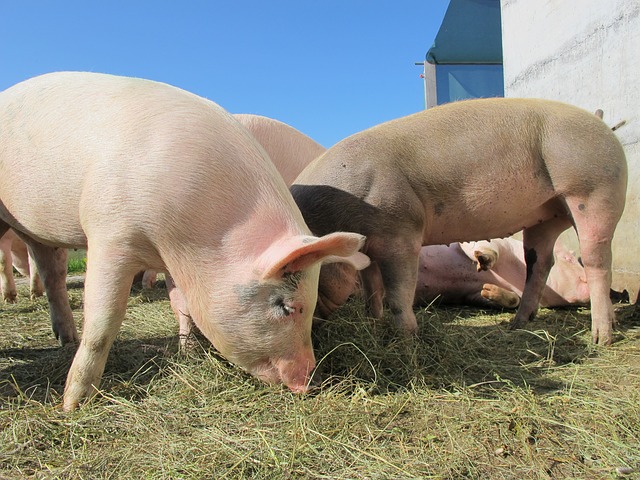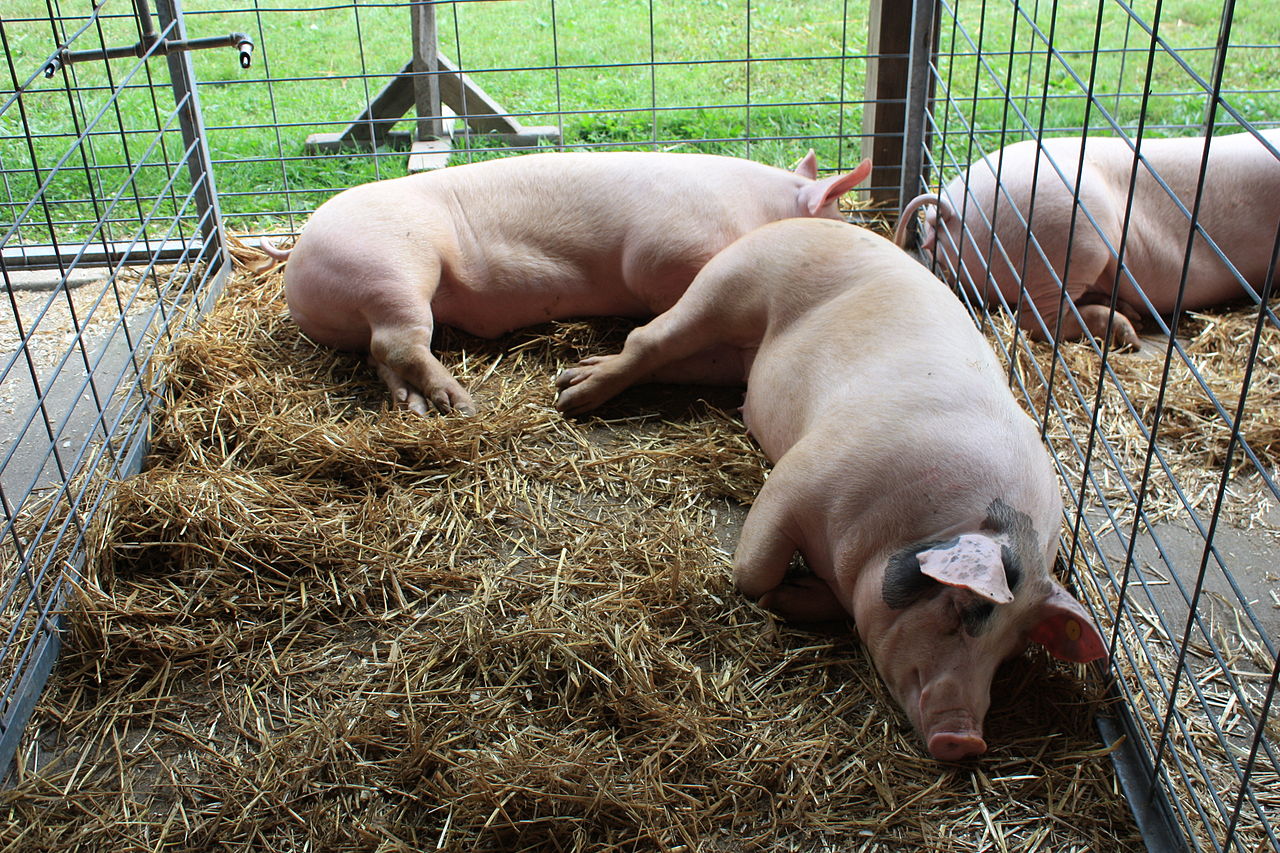I'm sure you saw the title of this article and immediately thought, "I already live with a few."
However, whether you're a self-reliant homesteader or just want to cut away from your food budget, raising pigs (of the porcine variety) is a great way to become more self-reliant. Raising your own meat provides more control over how the animals are raised and fed, ensuring they are essentially raised organically.
Raising your own meat is less expensive than purchasing non-factory-farmed meat. Additionally, raising pigs is a sustainable way to secure food during economic hardships, and you might even be able to barter meat with others in your community.

Space Requirements for Pigs
The first and probably the most important consideration is how much space you have. Pigs are social animals and do well in groups of two or more, especially if you plan to breed them long-term. While pigs don't need a large area, they should have at least 10 to 15 square feet per animal to ensure comfort.
Hog panels are an affordable and effective way to enclose pigs. Ensure their enclosure provides shelter with at least a partial roof for shade and protection from the elements. A few bales of hay for bedding will also be appreciated by your pigs.
Food for Your Pigs
Pigs are known for eating a lot, but to ensure their health and quality meat production, they require a balanced diet. You can allow your pigs to graze on pasture for part of their food intake, but they will also need a good source of protein. Pelleted pig feed is available, but a balanced diet can also include table scraps, boiled eggs, apples, pumpkins, and cracked corn.
While pigs are known to eat almost anything, feeding them a well-balanced diet results in higher-quality meat and better manure for composting. Be mindful not to overfeed them protein, as it’s easy to go overboard. Balance is key to raising healthy pigs.
Compost
One major benefit of raising pigs is their manure, which is as rich as their diet. Pig manure can be composted with other green and brown garden matter to create a nutrient-rich fertilizer for your vegetable gardens.

Keeping Your Pigs Healthy
Pigs are generally robust animals and rarely get sick. However, it’s still a good idea to know a local livestock veterinarian in case issues arise. Also, be sure to treat your pigs with anti-parasitic medications to prevent infestations, which can quickly spread throughout your herd.
From Birth to Bacon
Most people raise pigs for meat production. If you're raising pigs for homesteading, you'll need to find a local processor to slaughter them for you. Slaughtering is difficult work, so if you can’t afford professional help, it’s wise to learn how to do it yourself. Consider having a seasoned hunter or professional guide you the first few times to ensure you're doing it correctly.
Do You Raise Pigs?
Do you or someone you know raise pigs? We'd love to hear from you! Share your recommendations and experiences in the comments below. What lessons have you learned, and what advice do you have for others?












